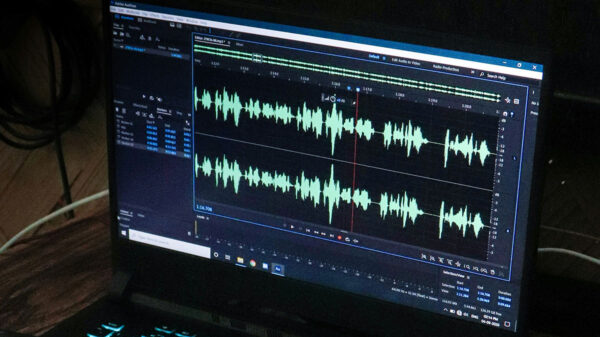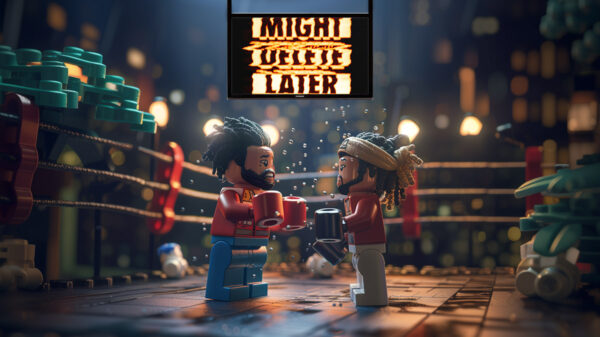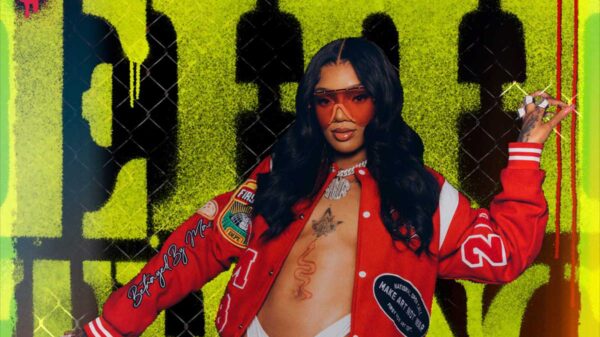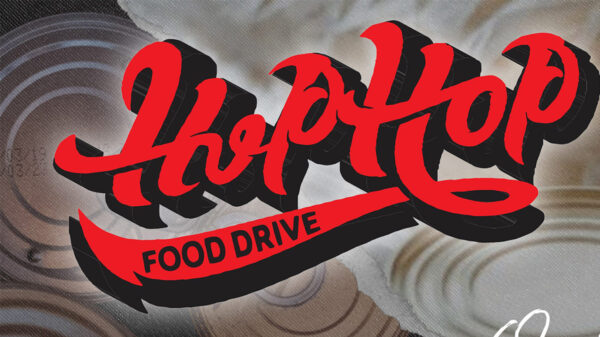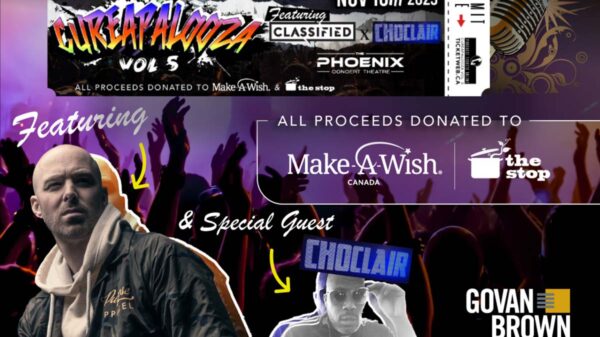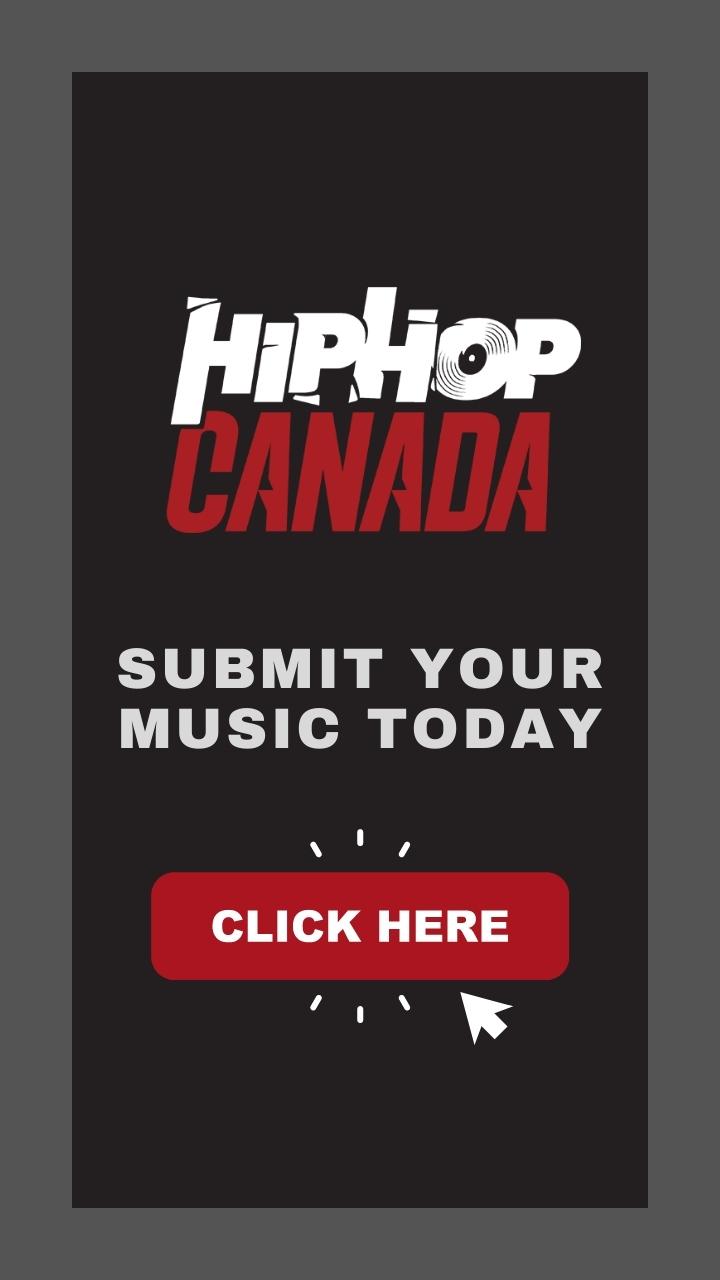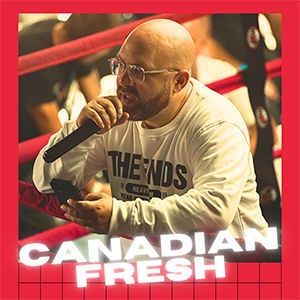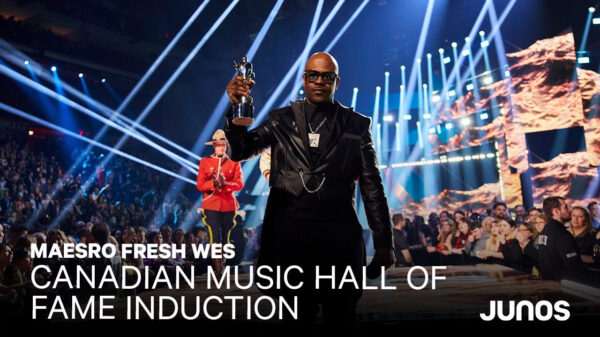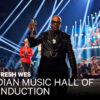Love and romance are unquestionably the dominant lyrical themes of popular music. In fact, research in 2017 found that “love” has been the most common theme for pop song lyrics in every decade since the 1960s.
If you’re trying to write a love song for the first time, you might not know where to begin, or cringe at the thought of being schmaltzy. But love songs don’t necessarily have to be romantic. In the 2011 song Suck it And See, Arctic Monkeys frontman Alex Turner proposed that the ultimate compliment to bestow upon a loved one is to say they’re “rarer than a can of dandelion and burdock”.
An even stranger example comes courtesy of Underneath This Lamppost Light (2008) by The King Blues where the singer expresses undying love and devotion through the line: “I’ll kiss you after you’ve thrown up in the gutter / I’d do anything for you”.
One of my own favourites, Dry Your Eyes by The Streets (2004), not only eschews terms we’d associate with love, but launches into an expletive-laden ramble in the third verse, demonstrating how love can leave us unable to express ourselves eloquently (or even coherently).
Other songwriters, however, prefer the more direct approach. The likes of Billie Eilish, Avril Lavigne, Mike Love, Lou Reed, Chuck Berry, The Ramones, and dozens of others all releasing songs simply titled: I Love You.
I research song lyrics and creative writing. Here are my top tips for making your own love song special.
1. Ensure it’s accessible
Although the likes of Arctic Monkeys, The Streets and The King Blues have tried something a bit different, their quirky expressions of love risk alienating people who can’t make the connection between the image they’re presenting and the emotion they’re linking it to.
As I note in my book, Writing Song Lyrics, while such original phrasing may bring freshness to the subject matter, non-universal images may be so foreign that the connection isn’t made between them and love. This can make your words less impactful.
As it is, most successful love songs draw on the same tropes over and over. Rain, for example, is frequently used to symbolise pain and misery – think November Rain by Guns ‘N’ Roses, or Raining In My Heart by Buddy Holly. And sunshine is frequently used to represent happiness – think You Are the Sunshine of My Life by Stevie Wonder or Good Day Sunshine by The Beatles.
If a listener doesn’t have to work too hard, you could be on to a winner.
2. Keep it simple and familiar
Three of the top five bestselling love ballads are cover versions – Love Is All Around by Wet Wet Wet, Unchained Melody by Robson and Jerome and I Will Always Love You by Whitney Houston. This suggests that when it comes to love songs, we’re drawn to something we’re already familiar with.
A 2012 experiment found that participants generally preferred songs that they rated as more structurally predictable.
Most popular love songs have discernible introductions, verses, choruses and bridge sections. Some, like I Will Always Love You and My Heart Will Go On, swap bridges (the parts of the song that connect the verse to the chorus) for dramatic key-change sections, but the best ones all strive to keep things as simple as possible.
3. Make your lyrics relatable
Love songs can act as a mirror for our own experiences. As listeners, we use songs as substitutes for what we cannot say. As such, it is important that we can relate love songs we listen to our own experiences.
This is probably the reason why so many love songs are broad in terms of their subject matter, focusing on generic occurrences, people and places rather than specifics to maximise their relatability. See Adele and Ed Sheeran for all the examples you could ever need in this area.
But if you want to write a song for that special someone, try to add a smattering of personal details. That will emphasise that the song has been written for them and them alone.
Written by Glenn Fosbraey, Associate Dean of Humanities and Social Sciences, University of Winchester
This article is republished from The Conversation under a Creative Commons license. Read the original article.
![]()
5 Ways to Support HipHopCanada:
- Submit Your Music
- Follow Canadian Fresh (HipHopCanada’s Spotify Playlist)
- Follow us on Instagram
- Follow us on X (Twitter)
- Like us on Facebook







